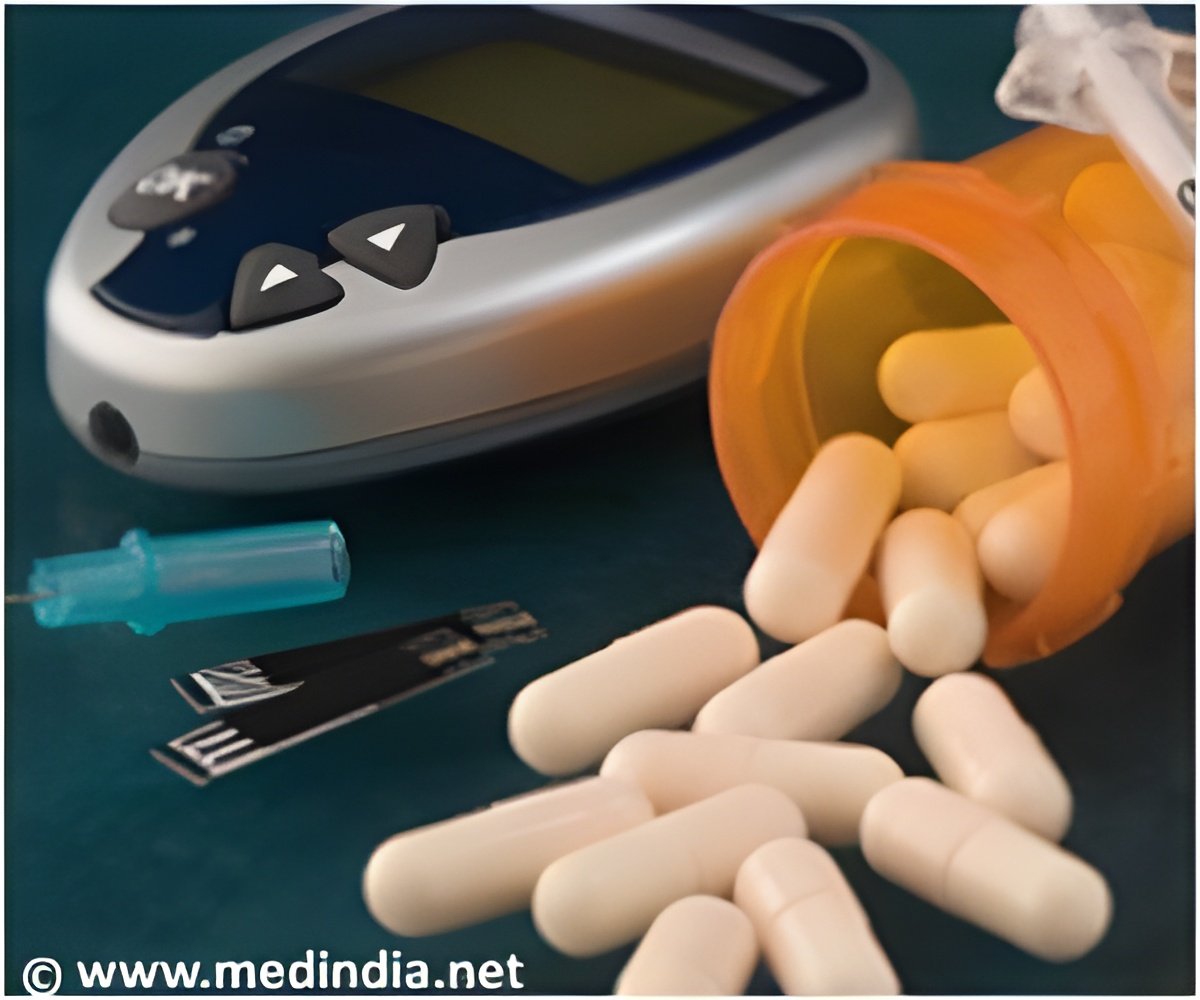A new study has revealed that patients with a family history of high cholesterol (hypercholesterolemia) are less likely to develop Type 2 diabetes than those who hail from family that does not have it.

Researchers assessed the prevalence of Type 2 diabetes between patients with familial hypercholesterolemia and their unaffected relatives. Individuals (n = 63,320) who underwent DNA testing for familial hypercholesterolemia in the national Dutch screening program between 1994 and 2014 were part of the study.
They found that the prevalence of Type 2 diabetes was 1.75 percent in familial hypercholesterolemia patients (n = 440/25,137) vs 2.93 percent in unaffected relatives (n = 1,119/38,183). Thus, indicating that patients with familial hypercholesterolemia had a 51 percent lower odds of having Type 2 diabetes. The researchers also observed an inverse dose-response relationship between the severity of the familial hypercholesterolemia causing mutation and prevalence of type 2 diabetes.
The authors wrote, "The small absolute difference in prevalence of Type 2 diabetes between patients with familial hypercholesterolemia and unaffected relatives will not have a major influence on individual risk for Type 2 diabetes. However, the substantial relative difference of 50 percent, together with previous findings, might suggest an effect of intracellular cholesterol metabolism on pancreatic beta cell function. Nevertheless, a plethora of pathways contribute to development of Type 2 diabetes, and therefore, the mechanism we discuss here can only be 1 part of the pathogenesis of this highly complex disease. If these findings are confirmed in longitudinal studies, they might provide support for development of new approaches to the prevention and treatment of Type 2 diabetes by improving function and survival of pancreatic beta cells."
The study is published in ’JAMA’.
Source-Medindia
 MEDINDIA
MEDINDIA




 Email
Email










